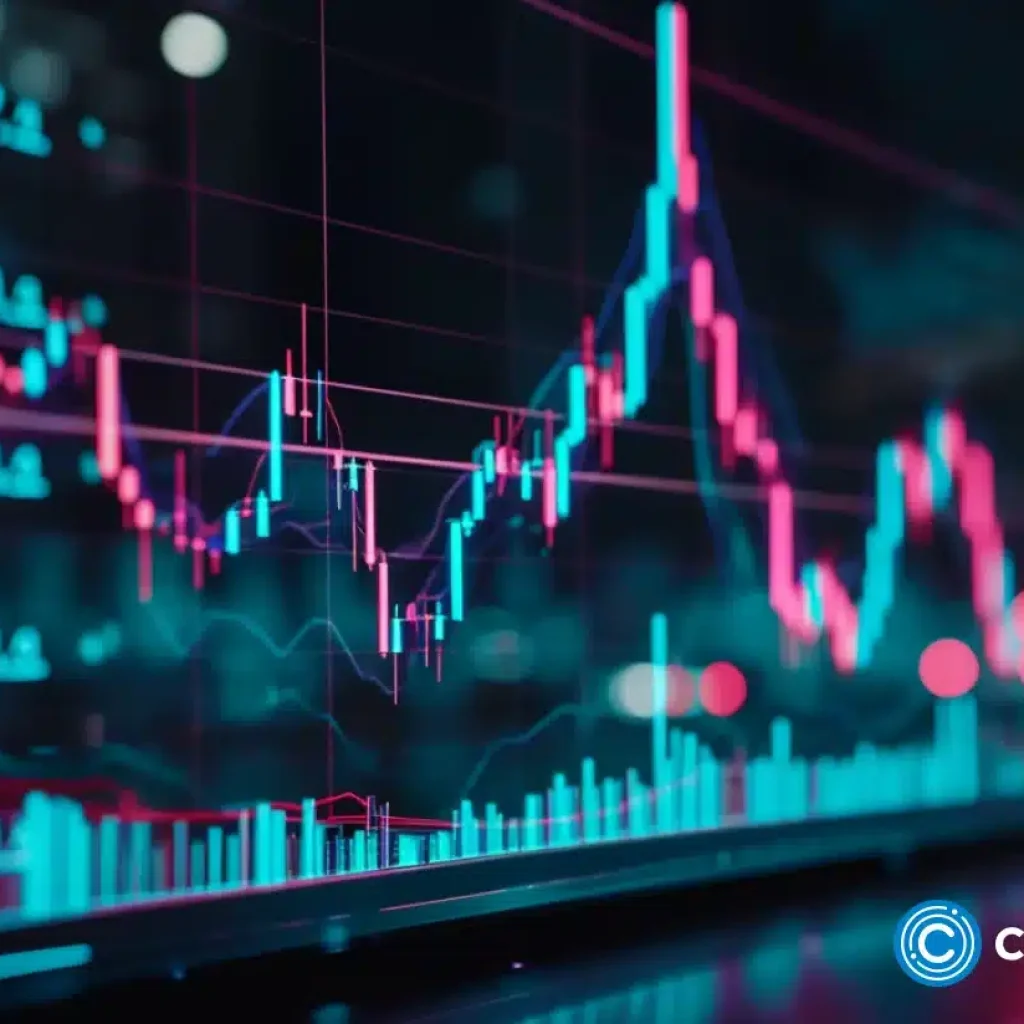Argentina has been entangled in hyperinflation for decades, primarily stemming from ineffective policies resulting in persistent budget deficits. With each passing day, the prospect of a complete currency collapse in Argentina, a nation with a population of 47 million, becomes increasingly imminent.
Meanwhile, Argentina’s recent trade data reveals that the significant decline in imports last month can be attributed to price fluctuations.
Argentina’s inflation resurgence and dollar dependency
The economic landscape in Argentina is notably intricate. Earlier this year, inflation soared into triple figures, marking the first occurrence since the hyperinflation era of the 1990s. Meanwhile, the country’s economy is artificially tied to the US dollar, with the Argentine peso as the official currency. However, the persistently high inflation rate drives many to “invest” in U.S. dollars to preserve their savings.
Import volumes saw a 7.4% year-on-year growth in August, and they have only dropped by 2.9% year-to-date. This situation arises from unsustainable policies and strict foreign exchange controls. A recession leading to import compression in 2024 seems inevitable.
To counter this trend, the government has restricted the amount of dollars accessible to individuals and businesses. That, in turn, has led to the emergence of the official exchange rate (around 350 pesos per dollar) and the well-known ‘blue dollar’ exchange rate (approximately 700 pesos per dollar), accessible through technically illegal but widely used exchange bureaus.
Additionally, various business sectors engaged in international trade benefit from preferential exchange rates. For instance, the agriculture sector enjoys a specific rate known as the ‘Malbec dollar,’ which was approved in April of this year.
Mark Rosen, a former U.S. representative to the International Monetary Fund (IMF), has expressed support for Argentina adopting the U.S. dollar as its official currency as a means to combat high inflation rates. He believes such a move could significantly reduce Argentina’s risk of future inflation. This perspective aligns with the stance of presidential candidate Javier Milei, who has pledged to dollarize Argentina’s economy if elected. However, this proposal has faced skepticism due to the lack of crucial details regarding its implementation.
Meanwhile, the future of Argentina’s $44 billion IMF agreement, the largest in the institution’s history, hinges on the economic policy of the next government. The current administration has struggled to meet targets due to budget overspending and has sought to renegotiate the program. That puts substantial pressure on the incoming government to devise a credible plan that secures IMF approval.
Milei’s bold austerity program
Milei has proposed an ambitious austerity program to balance the country’s budget, a significant challenge in a nation known for chronic deficits. The presidential candidate’s plan would involve substantial cuts in government spending, particularly targeting gas, electricity, and water subsidies, as well as federal transfers to less affluent provinces. While this approach may find favor with Wall Street investors, there is skepticism about achieving such drastic results quickly. Due to subsidy cuts, previous austerity efforts in 2019 exacerbated recessionary pressures and inflation.
Milei’s proposal to refocus family social subsidies towards low-income households also faces technical challenges, as previous attempts to target subsidies for the wealthy were unsuccessful. Milei aims to reduce expenditure by roughly 15% of the gross domestic product, although estimates are subject to ongoing revision. That would constitute one of Argentina’s most ambitious austerity programs if implemented.
Another significant measure involves the central bank immediately ceasing the issuance of pesos upon Milei taking office. If the official peso exchange rate has not been adjusted by then, the government will devalue it to a level close to the current market rate, aligning it with the parallel dollar rate and implementing a fixed exchange rate.
Furthermore, Milei’s team intends to introduce legislation to Congress that would legalize a free-floating currency and propose voluntary dollarization. These steps signify a proactive effort to address Argentina’s currency and economic challenges.




